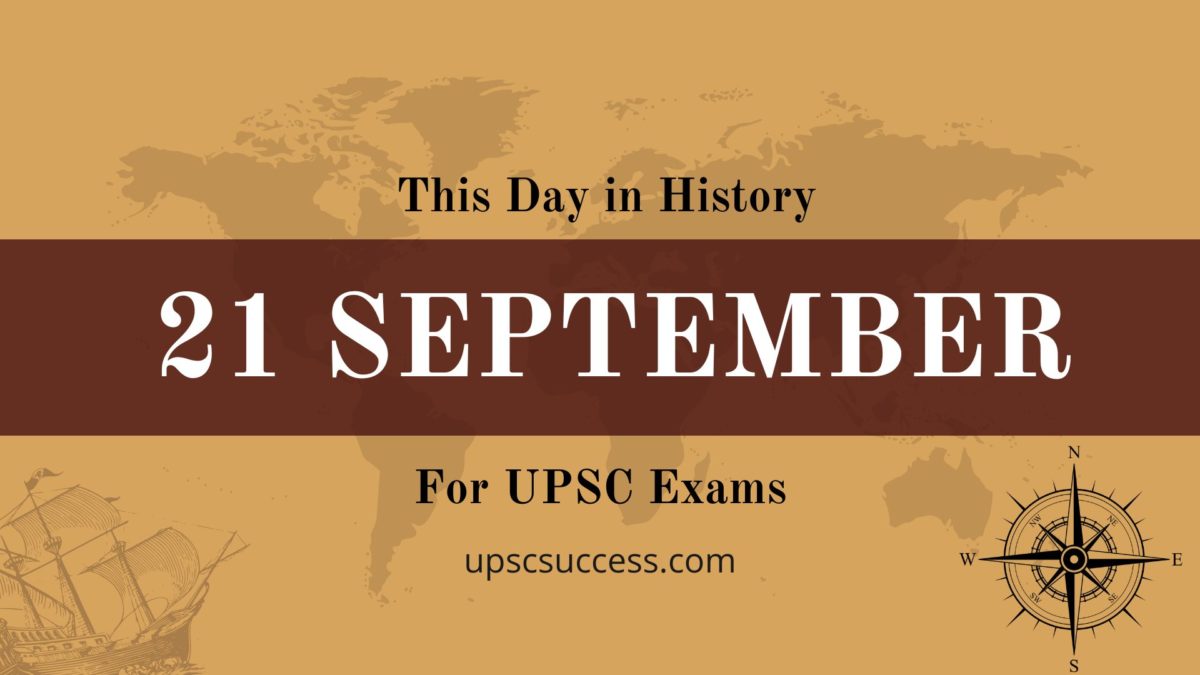Contents
This Day in History on 21 September
The historical events hold a lot of value for aspirants who are sitting for UPSC competitive exams including the IAS Exam.
On this page, we will list all historical events that occurred on 21 September. The students can refer to them while preparing for all competitive exams and banking exams.
Important Days
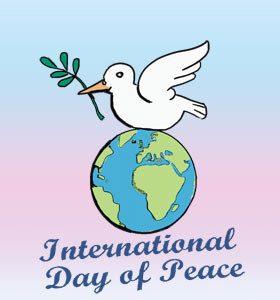
International Day of Peace (International)
Important Events
1746: French expeditionary army occupies Labourdonnais & Dupleix Madras.
1792: Louis XVIII overthrew the Empire and the French Republic was born.
1857: Bahadurshah Jafar – II surrendered against the British troops.
1942: World War II: Nazis killed 2,800 Jews in Ukraine.
1945: British promise India independence.
1948: Formation of Press Trust of India (PTI) announced under an agreement signed between Reuters and Indian and Eastern Newspapers Society.
1954: Last Indian troops withdraw from Tibet.
1962: Major General I. J. Rikhye completed the task in accordance with the memorandum to UNSF, thus fulfilling the mandate of cessation of hostilities without any incident.
1964: Malta became independent from the United Kingdom.
1965: Gambia, Maldives, and Singapore joined the United Nations.
1966: Mihir Sen swam the Bay of Persia.
1968: Research and Analysis Wing (RAW) was formed.
1971: Bahrain, Bhutan, and Qatar joined the United Nations.
1984: National Bureau of Animal Genetic Resources and National Institute of Animal Genetics were set up. These institutes were initially located in the campus of southern regional station of National Dairy Research Institute, Bangalore. They were then shifted to Karnal in July 1985.
1990: Supreme Court refuses to stay implementation of Mandal Commission Report.
1991: Armenia became independent from the Soviet Union.
1992: The Officers Training School (OTS) women were inducted into the Army as Officers, and the onerous task of training the Lady Cadets of WSES (O) courses commenced at the OTS.
Birth/Birth Anniversary
1862: Venkat Apparao Gurjad, famous Telegu poet, playwright, story writer, critic and social reformer, was born.

1874: Gustav Holst, British composer, and teacher whose best-known work, The Planets, is also one of the most popular orchestral suits with the audience.
1882: Geevarghese Ivanios, Indian metropolitan (d. 1953)
1888: H. G. Wells, an English author who pioneered science fiction when he wrote The Time Machine, his first work.
1895: Annapurnanand, great writer, was born.
1898: Tushar Kanti Ghosh, famous journalist, was born.
1902: Allen Lane, founder of Penguin Books.
1912: Firoz Gandhi, great politician, was born.
1926: Noor Jehan, Pakistani singer, and actress. She also worked in Indian film in British India.
1931: Larry Hugman, American actor and director best known for his role as mean oil tycoon JR Ewing in the TV serial Dallas.
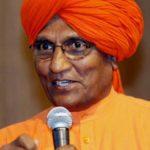
1934: Leonard Cohen, Canadian poet, and singer whose gloomy songs, which include “Suzanne” and “That’s no way to say Goodbye”, and growling delivery won him a cult following in the 1960s and 70s.
1938: Prof. Raghuveer Singh Rathore, Cricket Test umpire for one test in 1990-91, was born in Rajasthan.
1939: Agnivesh, Indian philosopher, academic, and politician
1947: Stephen Edwin King, an American author of horror, supernatural fiction, suspense, crime, science-fiction, and fantasy novels.
1950: Bill Murray, an American actor, comedian, filmmaker, and writer.

1954: Shinzo Abe, a Japanese politician who is the prime minister of Japan since 2012.
1955: Gulshan Grover, an Indian actor who has appeared in over 400 films.
1979: Chris Gayle, a Jamaican cricketer who plays international cricket for the West Indies.
1980: Kareena Kapoor, an Indian actress who appears in Hindi films.
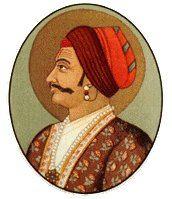
Death/ Death Anniversary
1743: Jai Singh II, Indian king (b. 1688)
1743: Sawai Jaisingh, King of Jaipur Sansthan.
1860: Arthur Schopenhauer, a German philosopher.
1887: Wajid Ali Shah, the eleventh and last King of Awadh.
1933: Annie Besant, great social worker and founder of Home Rule Movement, passed away.
1936: Frank Hornby, an English inventor, businessman, and politician.
1950: Edward Arthur Milne, a British astrophysicist, and mathematician.
1959: Abraham Flexner, American educator.
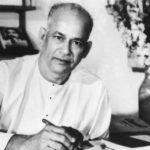
1976: Benjamin Graham, a British-born American economist, professor, and investor. He is widely known as the “father of value investing”,
1983: Bada Rajan, Indian mobster (b. unknown)
1992: Tarachand Barjatya, an Indian film producer, founded Rajshri Productions (b. 1914)
1994: Ramkrishna Bajaj, freedom fighter and veteran industrialist, passed away.
1998: Florence Griffith Joyner, American sprinter.
2000: Leonid Ivanovich Rogozov, a Soviet general practitioner who took part in the sixth Soviet Antarctic Expedition, 1960–1961.
2012: Gopalan Kasturi, Journalist, and editor of The Hindu newspaper.

